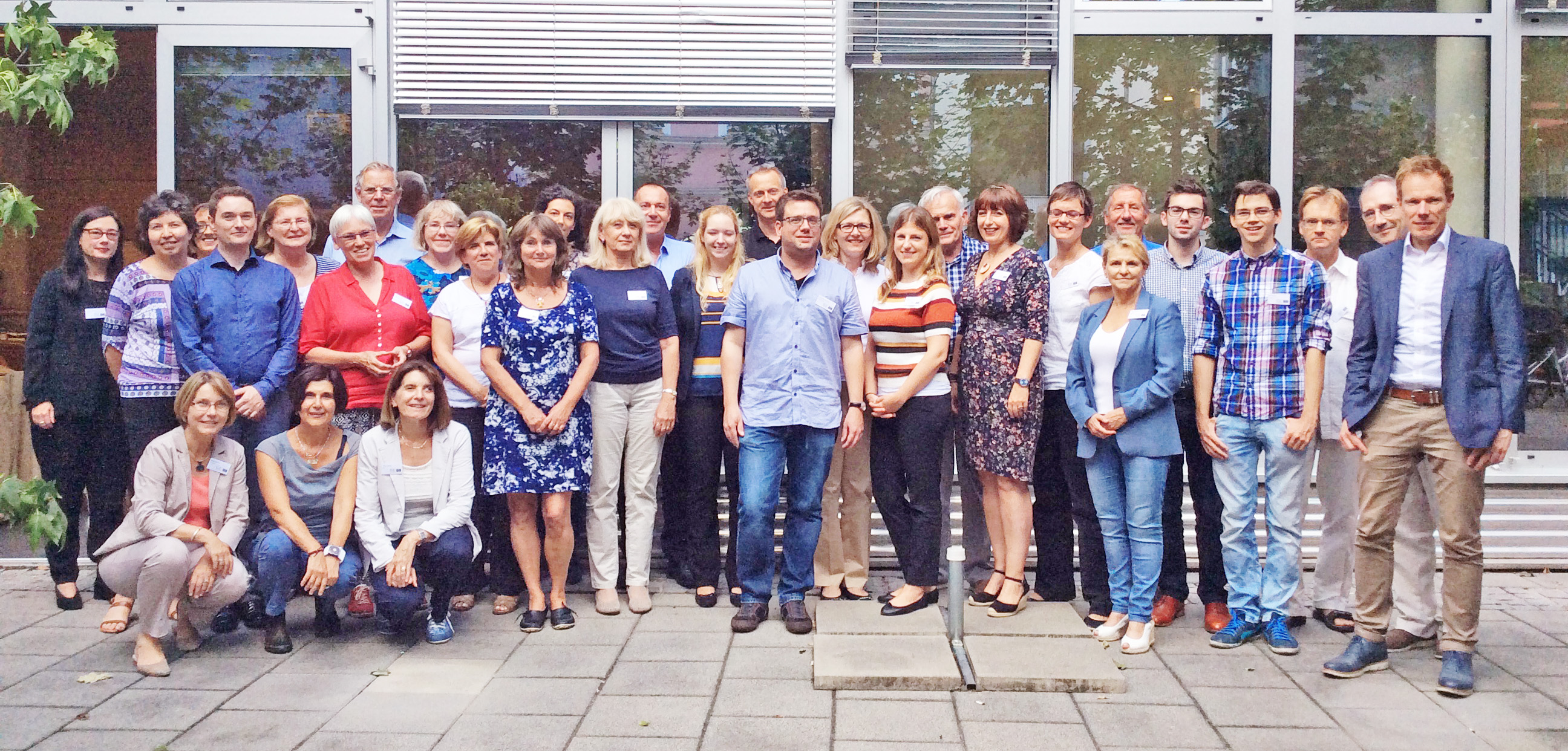Following the successful launch of the project in January 2016, 27 experts were invited to participate in a two-day Network Meeting in Graz on 8th-9th September. The participants from 15 European countries included teachers, teacher educators and employers, as well as researchers working in different areas of language education.
The aim of the two-day meeting was to involve the participants as critical friends for the lifespan of the project, and to gain feedback on the work already done and new insights. There was intensive debate on what it means to be language teacher, revolving around such questions as:
- What competences and other attributes do teacher need to do their work, and how are these demonstrated in concrete situations, for example observed teaching?
- How can important underlying attitudes, such as openness towards plurality, be fostered?
- How might an inventory of such competences and attributes be shaped so that it is useful to a range of different stakeholders?
As part of the process, the participants discussed first drafts of the project outputs. These include an outline for a guide to existing frameworks and instruments for teachers. The participants were also encouraged to take part in the piloting and further development of some instruments, including the European Profiling Grid, the Swiss Profiles for language teacher competences, and the adaptation of the FREPA/MIRIADI frameworks for teachers.
A panel discussion with invited teacher educators and student teacher from the Graz area on their experiences of teacher education and professional development provided a lead-in the project’s key question: do we need a common European framework for language teachers? There was agreement in principle that there would be many practical advantages in such a framework. There are, however, several provisos: for example, it was agreed that, among its other characteristics, an eventual common framework must be accessible to different kinds of users, up-to-date in terms of content, and plurilingual in its focus. Crucially, it should offer support for teachers, not just telling by them what competences and other attributes they should ideally have, but also by offering guidance on the kinds of practical and professional development experiences they should seek to help them further grow as teachers.
On this basis, the project consortium is looking forward to present first drafts of the project work to a wider audience in 2017.
The project team
